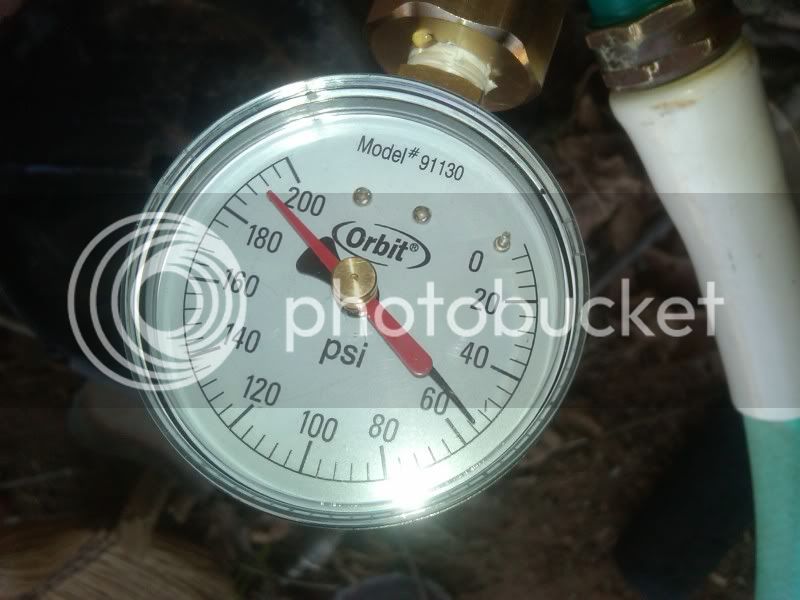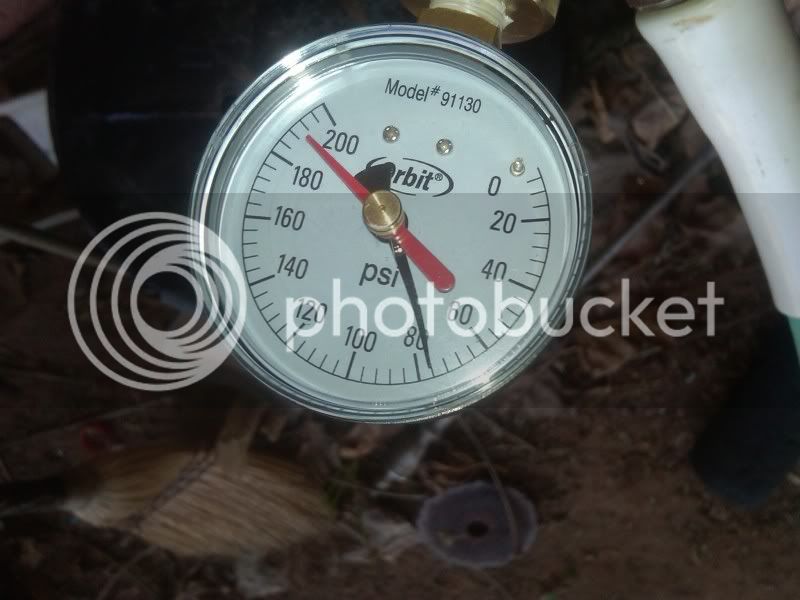Stauffbier
Well-Known Member
So I brewed up an Imperial Irish Stout today. Everything was going as per plan. I was chilling my wort with my immersion chiller like normal, but it took a little longer now that the weather is in the low 80's. After I was done I shut off the water spigot and removed the chiller. I put the lid on the kettle and carried it into the house. I wanted to rinse my IC off real quick while my wort was whirlpooling. As I approached the water spigot I noticed I could hear the sound of running water. The only problem was...... there was no water running anywhere on my property. What the heck?! Usually, the sound of running water on a closed system means a leak under the slab. When I realized what I was hearing I freaked out! So, what had been a great brew day had just turned into a plumbing emergency. I went around the entire house and property trying to figure out where the sound was coming from. I finally narrowed it down to an underground water line going to my back yard water spigot. I quickly turned off the water supply to the house and capped off the line at one of the unions leading to it above ground. I didn't have to jack-hammer my house up trying to fix a leak! Thank goodness! I'm guessing the counter pressure that my chiller created must have made a corroded line burst.. Food for thought! On a possitive note, I hit all of my numbers and got 76.5% efficiency on my Imperial Stout today!! 




